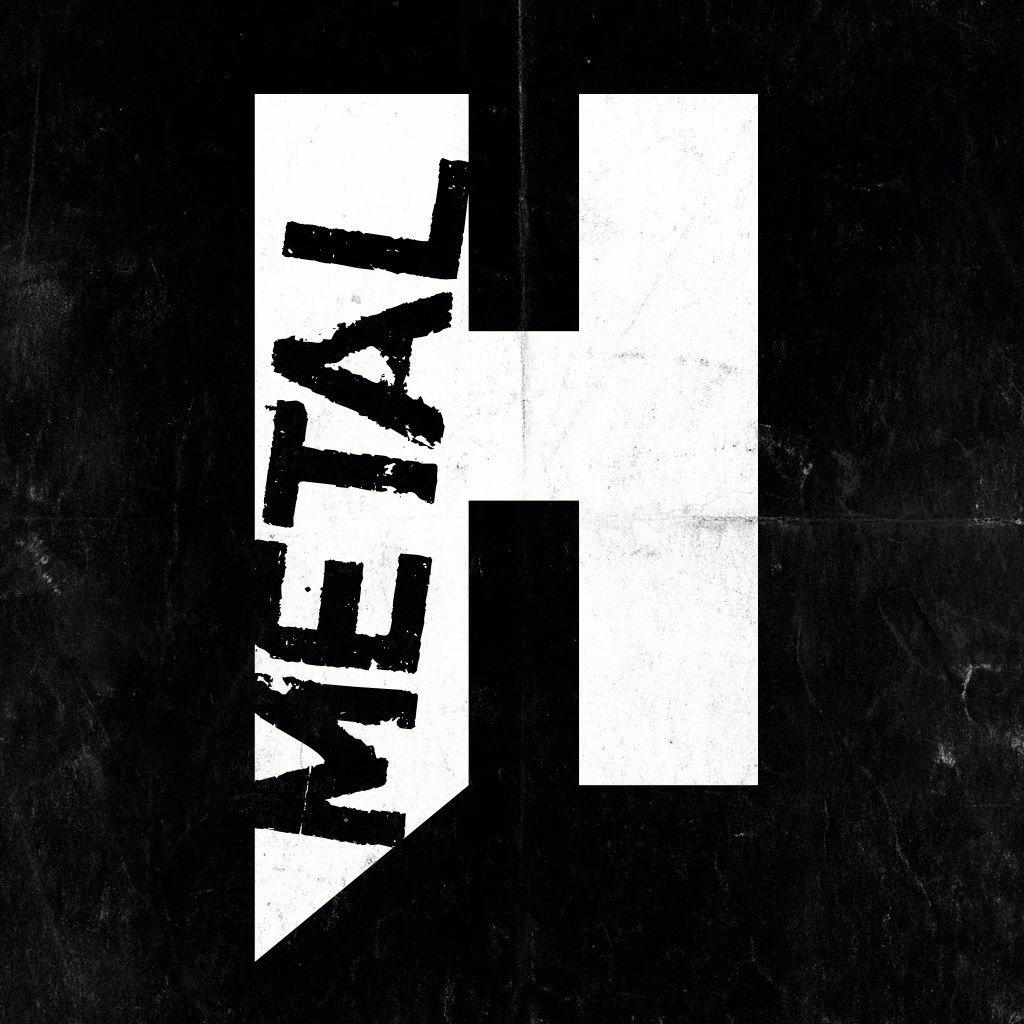The 50 best Metallica songs of all time
The 50 best Metallica songs to ever have bothered polite society
Select the newsletters you’d like to receive. Then, add your email to sign up.
You are now subscribed
Your newsletter sign-up was successful
Want to add more newsletters?
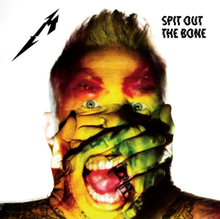
30) Spit Out The Bone (Hardwired… To Self Destruct, 2016)
Where had this version of Metallica been hiding for the past 20-odd years? Turbocharged, full of piss and vinegar, this is a circle-pit inducing thrash masterclass from the godfathers of the Bay Area which would’ve sounded perfectly at home on Kill ‘Em All. The relentless energy and gusto is almost palpable, and long-term fans breathed a sigh of relief: maybe Metallica really were, finally, back.
The song is a monumental Gormenghast of dystopian thrash nihilism with a lyric celebrating humanity’s extinction at the hands of genocidal machines. ‘Utopian solution!’ Hetfield barks, ‘finally cure the Earth of Man!’ Exhilaratingly noisy and steeped in gleefully negative punker attitude, it’s a welcome reminder of Metallica at their uncompromising best. Unshackled from orthodox notions of good taste, they proved themselves still capable of making a gloriously hideous racket. A furious closer to an album that brought Metallica back to the frontlines of metal.
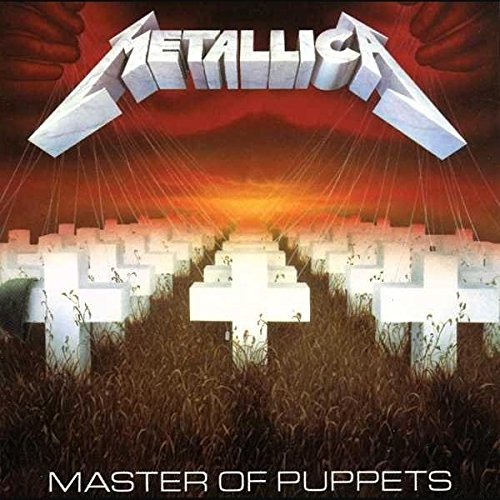
29) Leper Messiah (Master Of Puppets, 1986)
On an album which contains some of the greatest riffs ever written in metal, it’s inevitable that a couple would never quite get the dues they deserve. Leper Messiah is one such song, and what would have been a standout track on any other metal album has somehow become one of Master Of Puppet’s most underrated songs.
The ‘marching anthem’ main riff (carrying hints of Black Sabbath’s Electric Funeral) serves as something of a precursor to Frayed Ends in its feel and approach, before the song picks up the pace and whips into a flurry from four minutes on. Leper… is a classic Metallica composition in terms of the changes and shifts, yet clocks in considerably shorter than much of their material from that era – an entirely reasonable five minutes and 40 seconds. James also screams LIE very loudly about 8 times, making it extremely clear what he (and the band) thought of the song’s subject of televangelism.
In classic Dave Mustaine style, the Megadeth mainman has claimed Leper Messiah is based on a song of his called The Hills Ran Red. This has been denied by Metallica.
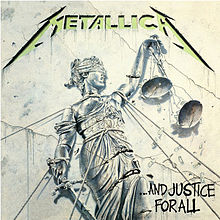
28) To Live Is To Die (…And Justice For All, 1988)
…Justice’s most poignant moment, this is the only song on the album to bear Cliff Burton’s name: a posthumous work melded from “some bits and pieces” the bass player had left on tape, over which Hetfield intoned a four-line poem Cliff had also left behind entitled To Live Is To Die. It would be years before the quartet played the largely instrumental number live, holding as it did so much baggage, so many painful memories.
Justice marked the moment at which Metallica, having survived the tragic loss of bassist Cliff Burton, entered the big league, playing arenas and cracking the Billboard Top 10. It was fitting, then, that it also included this final farewell to the beloved bassist.
Sign up below to get the latest from Metal Hammer, plus exclusive special offers, direct to your inbox!
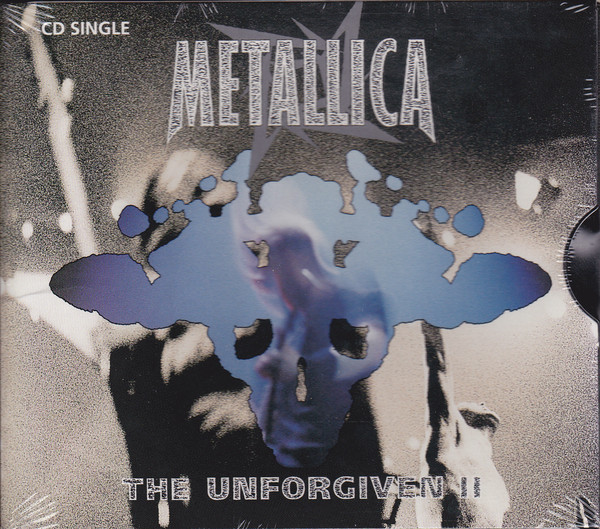
27) The Unforgiven II (Reload, 1997)
The sequel to the ‘Black’ album’s majestic metallic symphony – but more on that later – The Unforgiven II has accrued its fair share of detractors over the years, but it managed to subtly interweave themes from the original into a distinct but complementary musical setting. All Southern fried guitars and Seattle songcraft, it balanced soul-searching poignancy with grunge-lite grit and became one of Metallica’s most underrated moments in the process.
This meat in the Unforgiven sandwich has made just six appearances in Metallica’s setlist since the release of Reload in 1997. The band debuted the song at the Billboard Awards on December 8, 1997, where they won in the Rock And Roll Artist Of The Year category. It was last performed on September 16, 2015 at the Centre Vidéotron in Quebec City, Canada.
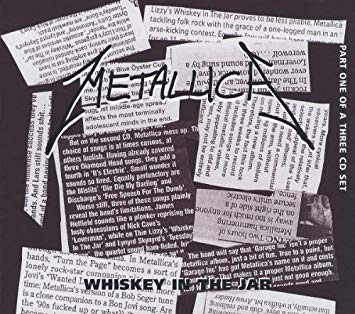
26) Whiskey In The Jar (Garage Inc., 1998)
In recognition of the inspiration they received from heroes and peers alike, Metallica have officially released almost 40 covers and, somewhat ridiculously, have even won Grammys for two of them – their takes on Queen song Stone Cold Crazy and Thin Lizzy’s Whiskey In The Jar.
Famously, Lizzy frontman Phil Lynott didn’t fancy the song as a single, feeling it unrepresentative of the band, but in 1973, the old Irish folk song was the band’s first huge hit. It made an indelible mark on rock’s history as a result. “I can’t speak for them, but I know Thin Lizzy’s always been a big band for Metallica,” Bob Rock told The A.V. Club. “That particular song, they really liked the fact it was Eric Bell [on the track] – kind of an earlier song of [Thin Lizzy’s]. We just tried to do it justice. It was one of the most simple ones on the album, because their heart was in it. All the lyrics and the imagery, with the farm and the field, really was what got James into it as well. It was really a live performance of [Metallica] playing it, which you hear, the enthusiasm and the excitement.”
Memorably, the cover artwork for their Whiskey In The Jar single was emblazoned with all the scathing reviews the cover version had garnered following its inclusion on the Garage Inc. album. That smart-ass move alone would have been enough to demonstrate that Metallica weren’t about to kowtow to the chattering classes and media commentariat, but there was plenty more in store.
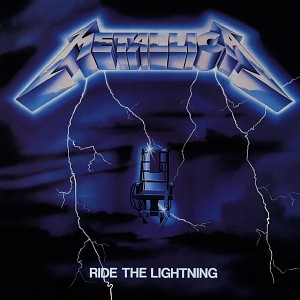
25) Fight Fire With Fire (Ride The Lightning, 1984)
After the youthful thrash of Kill ’Em All, the opening track of Ride The Lightning was the most startling thing Metallica had recorded yet: a gentle intro gives way to a relentless sonic assault that was even faster than anything on the debut. It’s the sound of band who knew the future would be theirs.
“The main riff was around on the Kill ’Em All tour,” Hammett told us in 2016. “I remember hearing it on a riff tape, so the seeds were around even then. The acoustic intro was something that Cliff would play on the acoustic guitar all the time – and I mean all the fucking time (laughs). We weren’t trying to provoke anybody with that intro – it was a natural thing. I didn’t see any limitations to what we wanted to do. The possibilities were sky high. And you have to understand, we were creating our own playing field here. We were going to places that no one else had gone before, and we were happy going there. It made sense to try weird new things out – why not?”

24) The Call Of Ktulu (Ride The Lightning, 1984)
The album’s grand finale picked up where Kill ’Em All’s Anesthesia (Pulling Teeth) left off: an epic instrumental that showcased the supreme confidence of a band who had truly found themselves.
“That’s another song I remember hearing on the Kill ’Em All tour,” Hammett told us in 2016. “Was there any resistance to playing something as complex as this? No. We were getting better as musicians, getting better playing with each other. I think the infusion of new blood – Cliff and I – probably helped. It was inspiring for the other two guys. Everyone was had respect for each other, we were moving forward, we could see it happening in front of our eyes. It was a time of discovery. We were doing things that sounded like they came from us. On a real gut level, we knew what was right for us and we knew what wasn’t, what was working and what wasn’t.”
Cult horror master H.P. Lovecraft created the deity Cthulhu in a short story called The Call Of Cthulhu. This being supposedly had an octopus’ head and a face that was a mass of tentacles, a scaly body and wings. But Metallica actually got the inspiration for this song from another Lovecraft story, The Shadow Over Innsmouth.

23) Dyers Eve (…And Justice For All, 1988)
One of …Justice’s finest moments is undoubtedly the album’s shortest, Dyers Eve, a speedy razor-cut riff which shows how far the rest of the album strayed from the band’s sharp as a tack thrash metal roots.
It was also, interestingly, the first Hetfield lyric – ‘Dear Mother/Dear Father/What is this hell you have put me through?’ – in which the singer directly addresses some of the issues he carried from his repressed childhood.
“It’s basically about this kid who’s been hidden from the real world by his parents the whole time he was growing up, and now that he’s in the real world he can’t cope with it and is contemplating suicide,” Ulrich explained. “It’s basically a letter from the kid to his parents, asking them why they didn’t expose him to the real world…”
It was an ominous foreshadow of the type of material Hetfield would explore in deeper, more ghastly detail on the albums to come.

22) Damage, Inc. (Master Of Puppets, 1986)
The most successful out-and-out thrasher on Master Of Puppets, this track starts with a typical piece of Metalli-calm – the bass part played by Burton during the intro was inspired by the classical piece Come, Sweet Death by Bach – before all hell is unleashed in a brutal musical assault on the senses.
‘Fuck it all and fucking no regrets,’ howls Hetfield, leaving nothing in the dressing room as he drives himself to vocal exhaustion on the album’s final track. ‘Following our instinct not a trend/Go against the grain until the end.’ Over 30 years on, it’s fair to say that Metallica weren’t kidding.
On release, copies of the second pressing of MOP carried a sticker mocking the PMRC, who were demanding stickers on all albums warning of explicit lyrics. Metallica’s sticker said: ‘The only track you probably won’t want to play is Damage Inc., due to multiple use of the infamous ‘F’ word. Otherwise there aren’t any ‘shits’, ‘fucks’, ‘pisses’, ‘c**ts’, mutherfuckers’ or ‘cocksuckers’ anywhere on this record’.
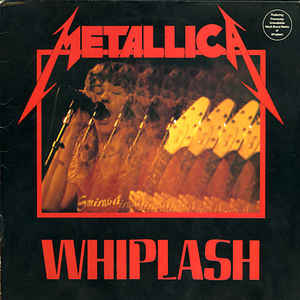
21) Whiplash (Kill ‘Em All, 1983)
If there’s one song that represents the birth of thrash as we know it, this is it. Fellow Bay Area denizens Exodus might have kickstarted the genre, but Whiplash took it to the world. The rest is history.
“On Whiplash, we just tried to play as fast as we could and have it make as much sense as possible,” Ulrich told Metal Hammer in 2016. “One of the bands we were listening to, who were an influence on Whiplash, was Venom. That first record [1981’s Welcome To Hell], with songs like Angel Dust and Live Like An Angel (Die Like A Devil), was a big inspiration. They took the energy and speed of what Motörhead were doing and made it a little more heavy metal – Motörhead had more of a punkish attitude. Venom need to get namechecked more when people talk about Metallica’s early days.”
Current page: The 50 best Metallica songs: 30-21
Prev Page The 50 best Metallica songs: 40-31 Next Page The 50 best Metallica songs: 20-11Founded in 1983, Metal Hammer is the global home of all things heavy. We have breaking news, exclusive interviews with the biggest bands and names in metal, rock, hardcore, grunge and beyond, expert reviews of the lastest releases and unrivalled insider access to metal's most exciting new scenes and movements. No matter what you're into – be it heavy metal, punk, hardcore, grunge, alternative, goth, industrial, djent or the stuff so bizarre it defies classification – you'll find it all here, backed by the best writers in our game.
